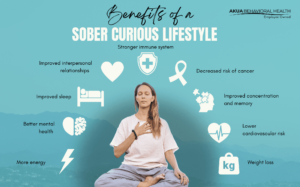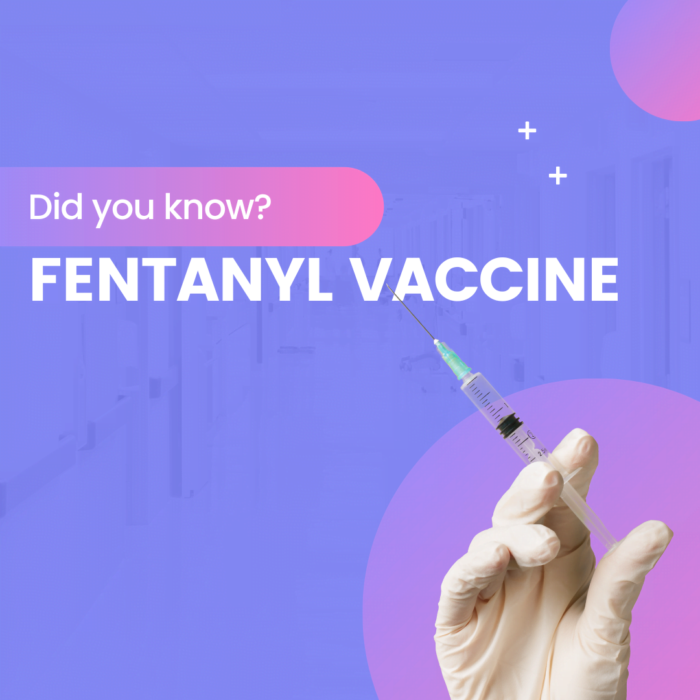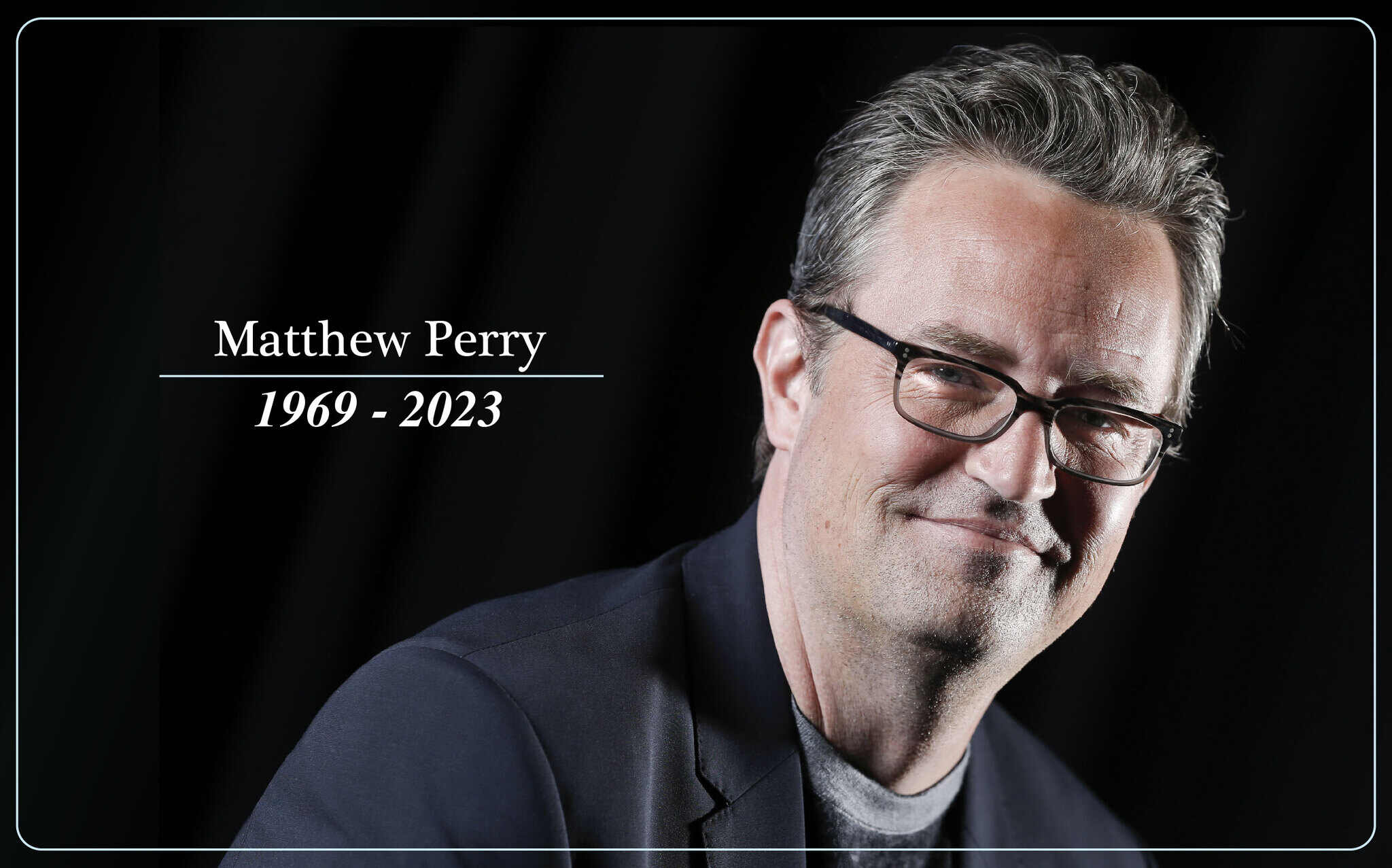Do you ever wonder how alcohol affects your sleep, your concentration, or your energy levels? Have you ever thought about cutting back on drinking to see how it will affect your body and mind? If so, you may be sober curious. Sober curious is a term that has been gaining popularity in the past couple of years. It means to question your relationship with alcohol and consider sobriety, even if you are not ready to commit to this lifestyle. Maybe you are just curious or have taken the leap to cut out alcohol for 30 days. Maybe you only drink at social gatherings. Sober curious is centered around you becoming more aware of your relationship with alcohol and how it affects your body and mind.
Sober curious has become a movement that involves a growing group of individuals who opt to drink less or not at all as a lifestyle choice. This movement pushes back at the normalization of heavy drinking and pushes back on the false stereotypes that people who choose not to drink are less fun. You can have fun without alcohol, regardless of whatever anyone else says or believes.
Sober curious is often a decision based on the desire to choose, question, or change your drinking habits to improve your overall health. Many sober, curious people want to feel better physically, feel sharper mentally, and have better sleep quality. Maybe you are training for a marathon and questioning cutting back on alcohol or want to see how your body feels after a month of not drinking.
Sober curious vs. sobriety
Sobriety is often associated with people who are in or who have been in recovery for an alcohol use disorder. In other words, they had to seek treatment for an addiction. Sober curious individuals are those who do not necessarily have an unhealthy relationship with alcohol but rather are more curious about a healthier lifestyle. They may choose to drink only on occasion or have not yet made a decision but are super interested in cutting back on alcohol to see how it benefits their life. In fact, if you have an alcohol disorder where you experience extreme alcohol cravings, withdrawal symptoms, poor decisions, and behaviors, or depression that results from drinking alcohol, the sober curious movement is not for you. Instead, you can benefit from seeking professional treatment so you can begin your road to recovery.
Benefits of a sober curious lifestyle

Abstaining from alcohol has been shown to have physical and mental health benefits. Studies show that cutting out alcohol for one month can lower blood pressure and depression.
Other benefits of refraining from alcohol include:
- Improved concentration and memory
- Improved sleep
- Improved interpersonal relationships
- Weight loss
- Stronger immune system
- Lower cardiovascular risk
- Decreased risk of cancer
- More energy
- Better mental health
How can I incorporate sober curious practices into my lifestyle?
If being sober and curious sounds like it may be right for you, here are some steps you can take right now.
Get curious about your drinking patterns:
Take some time to think about your relationship with alcohol. Think about why you drink, when you drink, and how you feel when and after you drink. Maybe you drink socially as a way of dealing with anxiety or when you are stressed as a way to cope. After noticing your patterns, consider the outcomes of your drinking. You might realize that you drink socially to cope with anxiety but end up feeling worse. Drinking can help you avoid social anxiety in the short term, but it doesn’t let you face difficult situations sober. It also doesn’t let you prove to yourself that you can handle challenges.
Consider what sober curious means to you:
Now that you are aware of how you use alcohol, think about what a sober curious lifestyle means for you. Does it mean cutting back on alcohol, only drinking at celebrations, sharing a social drink once a month, or abstaining from all alcohol? You may want to try attending parties, concerts, or other social events sober and see what that is like. You can also think about abstaining from alcohol for a period of time, such as 30 days, and see how your body and mind feel after this period.
Build a support network: Make an effort to meet and spend time with other sober curious people. You may already have friends or loved ones who enjoy passing time without alcohol. If not, consider attending activities that are not centered around alcohol. This can include signing up for a running club, attending sober bars where they serve mocktails and kombucha, and going to coffee shops.
Participate in sober activities and hobbies:
Whether you choose complete sobriety or not, sober-related activities can be positive for your mental health. Think about what you already enjoy doing without alcohol. Then consider other things you can try, like yoga, pickleball, signing up for a race, etc.
Be mindful of your drinking:
If you are going to drink, make it a conscious, deliberate choice. Think about whether alcohol will add value to your experience; what difference will drinking make to your time at a party or your night at the bar? And if you’re drinking to try to enjoy an event where you’re not having a good time, consider just going home.
“If you really want to have a glass of wine, have a glass of wine. But pay attention to the sensation of drinking it. How does the wine taste? What prompted you to crave alcohol? How do you feel the next day? ‘Stay curious’”. -Ruby Warrington- author of Sober Curious
Where can I find more resources on living a sober curious life?
For more information about living a sober curious life, see the following:
- “Sober Curious” by Ruby Warrington, the book that started the sober curious movement
- “Sober Curious,” a podcast by Ruby Warrington
- Instagram accounts like Sober Girl Society and Sober Nation




